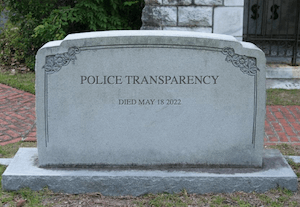(WBRE/WYOU) — As tax season approaches, AARP Pennsylvania is warning residents 50 years old and older about the rise in scams involving criminals posing as agents from the Internal Revenue Service (IRS).
AARP Pennsylvania says the fraudsters aim to steal personal information and money by exploiting uncertainty and fear.
IRS imposter scams oftentimes begin with a phone call, email, letter, or even a knock at the door, AARP PA explains.
The nonprofit says the scammers might claim the target is under investigation, owes taxes, or is due a refund, and victims are pressured to give them data or make fast payments with untraceable means, such as gift cards or cryptocurrency.
"Scammers are becoming increasingly aggressive and creative in impersonating the IRS," said AARP Pennsylvania Volunteer and Chair of the Consumer Issues Task Force Mary Bach.
In 2023, according to FBI data, government impersonation scams cost Americans over $394,000,000, a 63% increase from 2022.
Plans in motion for new Scranton splash pad
The AARP says the IRS commonly begins communication through mail by the US Postal Service, not by text, social media, phone, or email, and in-person visits are now rare and pre-scheduled
The nonprofit urges everyone to watch for red flags, such as the following:
Contact by phone, email, or text.
Threats of arrest or legal action.
Demands for instant payment.
Unusual payment methods.
"If you get a suspicious call or message, don't engage. Instead, hang up, close the door, and contact the IRS directly," AARP Associate State Director David Kalinoski stated.
To stay safe, the AARP PA says to:
Ignore unsolicited IRS messages or calls.
Never share personal or payment information by phone or email.
Report suspicious activity right away.
Use the official IRS site (irs.gov) to verify notices and payment options.
